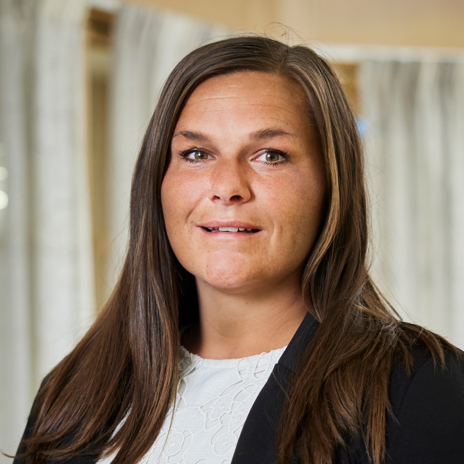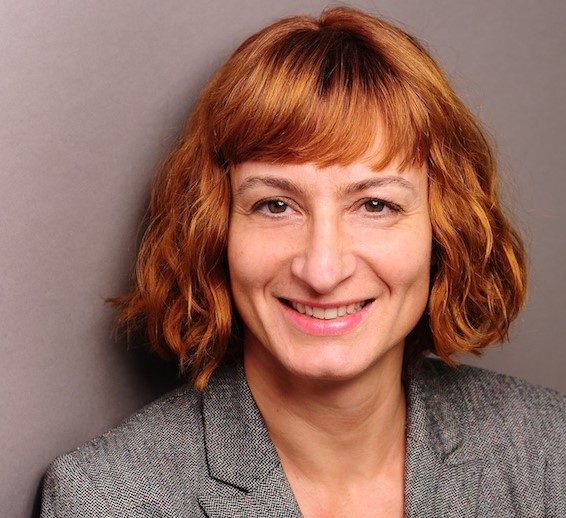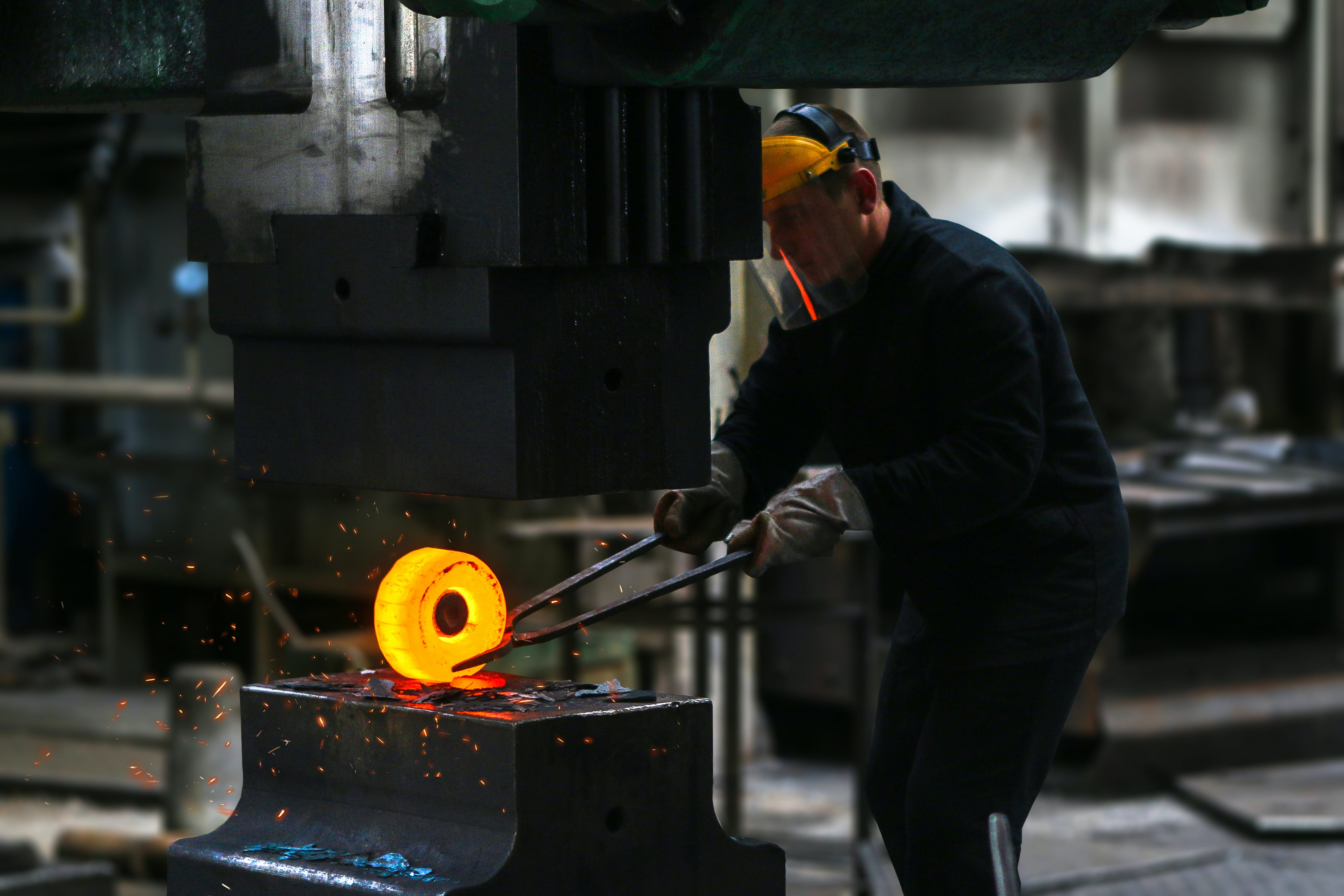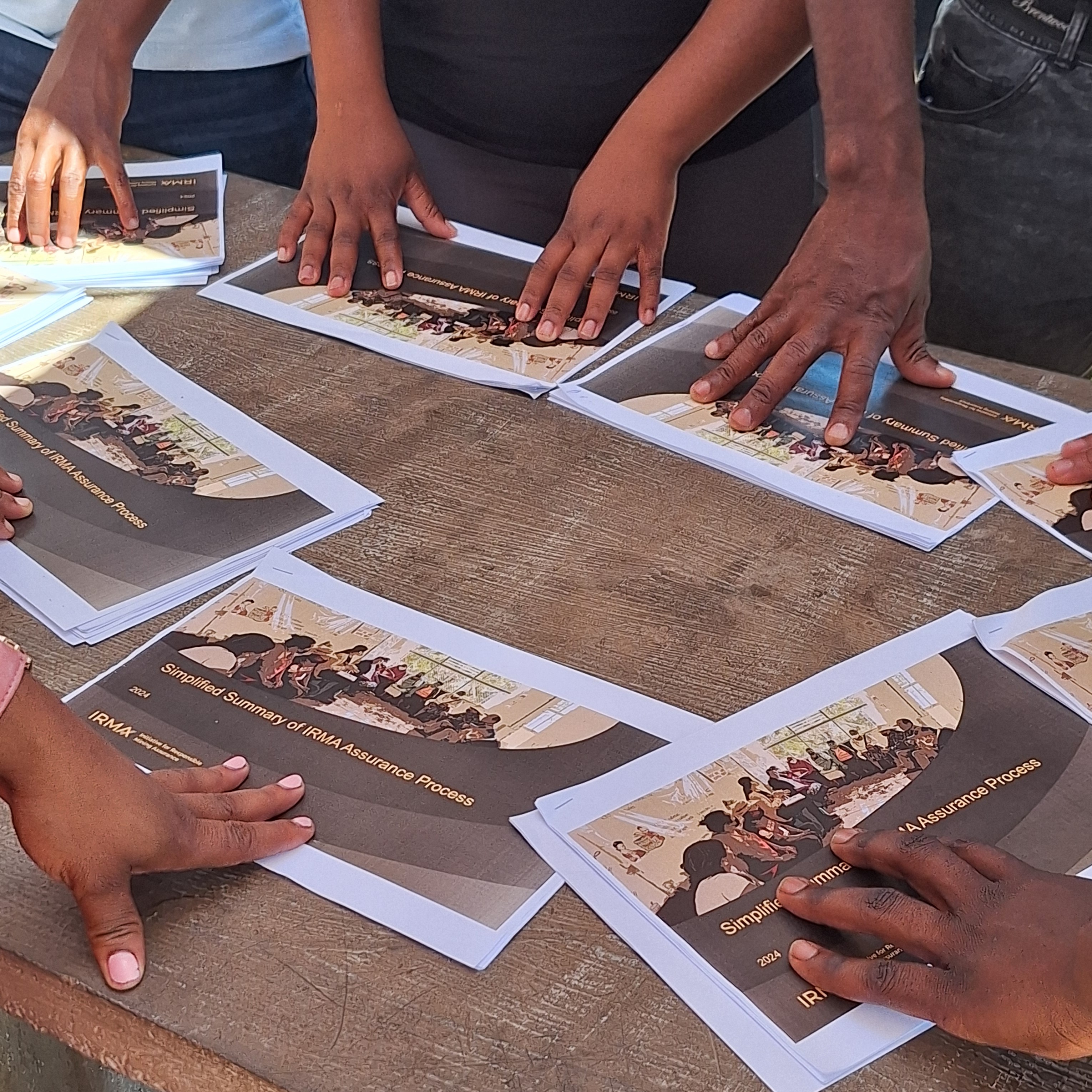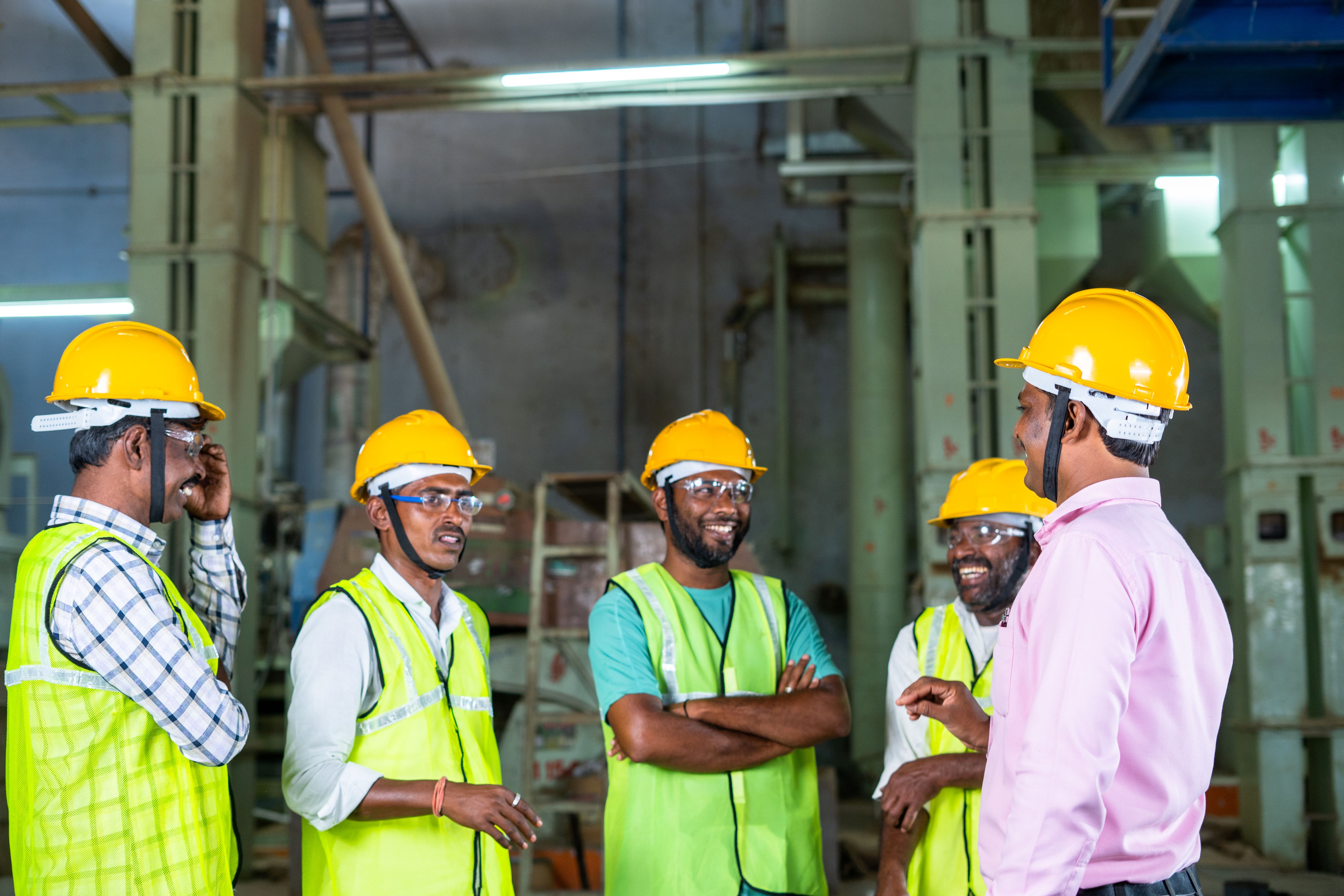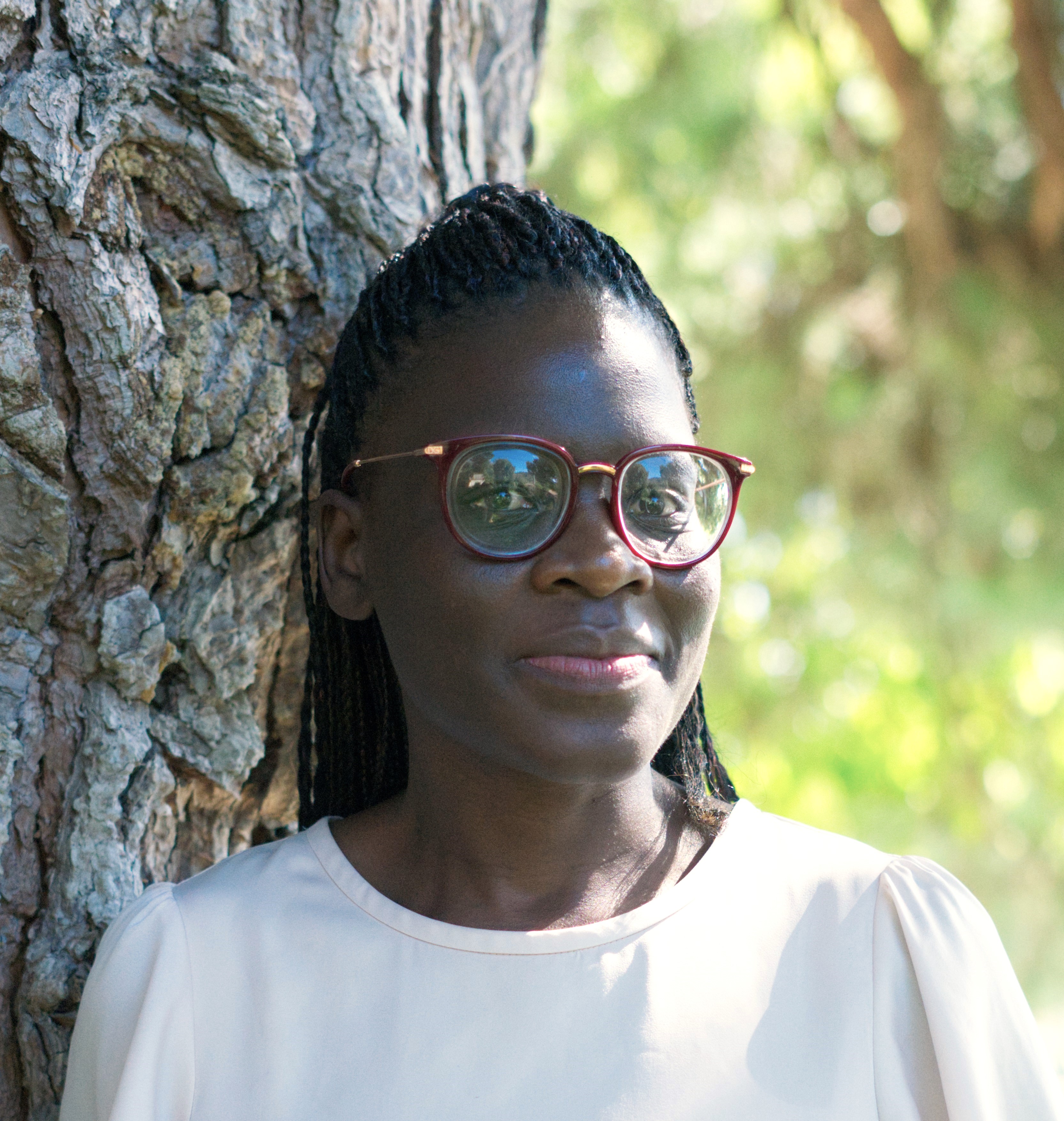

September 2021 Newsletter
Please view our September 2021 newsletter by clicking the link below:


SKF joins ResponsibleSteel and SteelZero
21 September 2021, London – SKF – global ball bearing and seal manufacturer, has joined ResponsibleSteel – and at the same time SteelZero – demonstrating their strong commitment to drive decarbonisation of the steel industry.
SKF joins over 100 other global organisations who are members of ResponsibleSteel – the only global multi-stakeholder standard and certification initiative with a mission to maximise steel’s contributions to a sustainable society.
SteelZero is led by the Climate Group and in partnership with ResponsibleSteel. By joining SteelZero, SKF commits to using 100% net zero steel by 2050 and joins ten other businesses that have already made this pledge, including Lendlease, Mace Group and Ørsted.
Today greenhouse gas emissions from the steel sector alone account for around 7% of global annual emissions, and this is projected to rise in line with increasing demand. Given we have less than 10 years to halve global carbon emissions to get the world on track to reach net zero by mid-century, decarbonising steelmaking needs to be a critical part of that journey.
SKF offers solutions around the rotating shaft, including bearings, seals, lubrication, condition monitoring and maintenance services.
Rickard Gustafson, CEO SKF, said: “Steel is by far the biggest source of carbon emissions upstream in SKF’s supply chain. The transition from the current global steel production infrastructure to one which is carbon neutral is a massive undertaking. We are already working with our steel suppliers on this, but there are limitations on how much change we can drive unilaterally. We will be working together with other like-minded industrial users of steel to advocate for the structural changes needed and we will do this through our active membership of the SteelZero and ResponsibleSteel initiatives.”
Anne-Claire Howard, CEO of ResponsibleSteel, said: “We are delighted to welcome SKF as a member of ResponsibleSteel. We work with organisations from every stage of the steel supply chain – and partnering with companies who have the influence to drive the market demand for steel supplies to be sourced and produced responsibly will help accelerate the steel industry to become net zero by 2050.”
Mike Pierce, Director of Corporate Partnerships of the Climate Group, said: “Action is needed now to decarbonise the steel industry. SKF’s commitment demonstrates a clear drive to tackle climate change and sends a strong demand signal for net zero steel to the industry. We’re delighted that SKF has joined SteelZero. More businesses need to follow in SKF’s footsteps for us to be within a fighting chance of limiting global temperature rise to below 1.5C.”
-ENDS-
For any media enquiries, including interview requests, please contact:
Hannah Fairley, senior communications officer at Climate Group at hfairley(at)theclimategroup.org
Alison Lucas, communications director at ResponsibleSteel at alucas(at)responsiblesteel.org
Sian How, Manager Group PR at SKF at sian.how(at)skf.co
Notes to editors
About ResponsibleSteel
ResponsibleSteel’s mission is to maximise steel’s contribution to a sustainable society. A not-for-profit organisation, ResponsibleSteel is the industry’s first global multi-stakeholder standard and certification initiative. With members from every stage of the steel supply chain, ResponsibleSteel is developing an independent certification standard to ensure businesses and consumers can be confident that the steel they use has been sourced and produced responsibly at every stage.
About SteelZero
SteelZero is a global initiative bringing together forward-looking organisations to speed up the transition to a net zero steel industry. Led by international non-profit the Climate Group in partnership with ResponsibleSteel, organisations that join SteelZero make a public commitment to procure, specify or stock 100% net zero steel by 2050. By harnessing their collective purchasing power and influence, SteelZero is sending a strong demand signal to shift global markets and policies towards responsible production and sourcing of steel. #SteelZero
About Climate Group
Climate Group drives climate action. Fast. Our goal is a world of net zero carbon emissions by 2050, with greater prosperity for all. We focus on systems with the highest emissions and where our networks have the greatest opportunity to drive change. We do this by building large and influential networks and holding organisations accountable, turning their commitments into action. We share what we achieve together to show more organisations what they could do. We are an international non-profit organisation, founded in 2004, with offices in London, New Delhi, and New York. We are proud to be part of the We Mean Business Coalition. Follow us on Twitter @ClimateGroup.
About SKF
SKF’s mission is to be the undisputed leader in the bearing business. SKF offers solutions around the rotating shaft, including bearings, seals, lubrication, condition monitoring and maintenance services. SKF is represented in more than 130 countries and has around 17,000 distributor locations worldwide. Annual sales in 2018 were SEK 85,713 million and the number of employees was 44,428.
At SKF we drive improvements and create economic, environmental and social value in two main ways. By the business we make with our customers – the products, services, and business models we provide. And the way we make business, running our operations and those in our supply chain as a responsible business partner, employer, and corporate citizen.
SKF products and solutions are critical in enabling the transition towards a carbon free economy. SKF is a key enabling partner to many of the mature and emerging clean-tech sectors – from Wind power to Electric Vehicles, from Tidal power to remanufacturing. SKF engineers and technicians apply solutions like uptime contracts to help customers in more traditional process industries to understand and reduce their impact. For our own operations, we have been measuring and acting on the carbon emissions for more than 20 years – achieving sustained economic growth of the business while reducing the greenhouse gas impact in real terms. Looking upstream, we work with our partners in the supply chain to reduce the greenhouse gas emissions associated with the materials (mainly steel) that we purchase. www.skf.com


Aperam Becomes First Stainless Steel Company to Earn ResponsibleSteel Certification
23 September 2021 – ResponsibleSteel is delighted to announce, at an event hosted by Aperam, that the company’s Stainless Steel operations in Europe successfully passed third-party audit against the ResponsibleSteel Standard – the global sustainability standard for the steel sector.
ResponsibleSteel CEO, Anne-Claire Howard, said: “I am delighted that Aperam, a ResponsibleSteel™ Member since 2019, is the first stainless steelmaker to be awarded our certification for their European Stainless Steel operations. The ResponsibleSteel™ Standard, created by the steel sector’s only truly global multi-stakeholder initiative, contains a very exacting set of ESG criteria which we hope gives business and consumers confidence that the site at which the steel is being produced is operated responsibly. I would like to congratulate the teams at Aperam who supported the development of the ResponsibleSteel™ Standard and are now able to see it implemented at five sites in France and Belgium. We look forward to continuing to work together on the next phase of our journey – Certified Steel.”
The ResponsibleSteel Standard was developed over three years through wide ranging public consultation with industry and civil society. It contains 12 principles with a wide range of criteria covering issues such as: health and safety, greenhouse gas emissions, water stewardship and biodiversity, human rights and labour rights and community relations. It is the world’s first and only global definition of what constitutes leading practices in environmental, social and governance (ESG) responsibility for steel production.
The audit of Aperam’s facilities took place in June and included Aperam’s Châtelet, Genk, Gueugnon, Isbergues and Saint-Denis sites in Belgium and France.
Mr. Timoteo Di Maulo, Chief Executive Officer and Member of the Leadership Team, said: “Aperam becoming the first stainless steel player to be certified under the ResponsibleSteel™ Standard is reassurance to our stakeholders that we produce responsibly. With Aperam, our customers have selected a partner of choice, offering them responsibly produced solutions that are also 100% recyclable and low carbon – solutions that are much needed for the sustainable society we strive to live in. At Aperam, we are convinced that true business success can only come together with social and environmental sustainability and we will pursue our strategy to further embed sustainability within all our processes. Aperam is proud to be the frontrunner of its industry in the field of Corporate Responsibility and we are delighted that all our teams’ efforts on sustainability and responsibility, already evidenced by our state-of-the-art CO2 footprint, are now fully recognized with an all-encompassing third-party certification of our processes at Stainless Europe.”
About ResponsibleSteel
ResponsibleSteel is an international, non-profit multi-stakeholder membership organisation. Businesses from every part of the steel supply chain, civil society groups, associations, and other organisations with an interest in a sustainable steel industry from anywhere in the world are welcome to join. To view the ResponsibleSteel membership list visit: https://www.responsiblesteel.org/about/members-and-associates/
ResponsibleSteel’s vision is that steel’s contribution to a sustainable society is maximised. Its mission is to enhance the responsible sourcing, production, use and recycling of steel by:
- Providing a multi-stakeholder forum to built trust and achieve consensus;
- Developing standards, certification and related tools;
- Driving positive change through the recognition and use of responsible steel.
- The ResponsibleSteel Standard is designed to support the responsible production of steel, as a tool for the achievement of ResponsibleSteel’s vision.
Find current issued certificates and their public audit summaries here.
For more information about ResponsibleSteel please visit: https://www.responsiblesteel.org/
For media enquiries contact:
Anne-Claire Howard, CEO +44 (0) 7787 411 461
Ali Lucas, Communications Director +44 (0) 7786 546 724
About Aperam
Aperam is a global player in stainless, electrical and specialty steel, with customers in over 40 countries. The business is organised in three primary operating segments: Stainless & Electrical Steel, Services & Solutions and Alloys & Specialties. Aperam has a flat Stainless and Electrical steel capacity of 2.5 million tonnes in Brazil and Europe and is a leader in high value specialty products. In addition to its industrial network, spread over six production facilities in Brazil, Belgium and France, Aperam has a highly integrated distribution, processing and services network and a unique capability to produce stainless and special steels from low cost biomass (charcoal made from its own FSC-certified forestry). In 2020, Aperam had sales of EUR 3,624 million and steel shipments of 1.68 million tonnes.
For further information, please refer to our website at www.aperam.com
Contact
Corporate Communications / Laurent Beauloye: +352 27 36 27 103
Investor Relations / Thorsten Zimmermann: +352 27 36 67 304


August 2021 Newsletter
Please view our August 2021 newsletter by clicking the link below:


The Net-Zero Steel Pathway Methodology Project (NZSPMP)
The final report and recommendations for the Net Zero Steel Pathway Methodology Project (NZSPMP) were published on 26th July. The full report can be downloaded here and the full press release can be seen here.
The project was set up in response to the view of many steelmakers that while they were supportive of the value of ‘science based targets’ (SBTs) for decarbonisation in line with the achievement of the goals of the Paris Agreement, they were concerned that key aspects of the specific methodology for defining a science-based target as developed by the Science Based Targets Initiative (SBTi) needed to be refined to recognise the characteristics of the steel sector.
The project has been led by a steering group consisting of 4 steelmakers (ArcelorMittal, Tata Steel, BlueScope Steel and GFG Alliance) together with ResponsibleSteel and worldsteel. Another 11 steel companies, and the German steel association have taken part as members of the project’s technical working group. Civil society organisations were briefed on progress through the project’s stakeholder reference group. ResponsibleSteel has been responsible for the project’s management, on behalf of the steering group as a whole.
The final report makes a number of recommendations which will be considered by the SBTi as an input for the development of SBTi steel sector guidance, due to start later in 2021.
The project’s recommendations do not represent a ResponsibleSteel position. The ResponsibleSteel Secretariat did not have a mandate to agree a position on its members’ behalf, and the process was not designed with this in mind. We agree with Adair Turner, Chair of the Energy Transitions Commission, that the report is a significant step, not a final product. Work is now needed by all stakeholders to review the report’s recommendations, and to consider what it means for their own work in relation to reductions of the steel sector’s greenhouse gas (GHG) emissions.
For ResponsibleSteel the report is important for a number of reasons. Firstly, the current ResponsibleSteel Standard (v1-1) requires that the corporate owner of any ResponsibleSteel certified site must have, “defined and made public both a long-term emissions reduction pathway, and a medium-term, quantitative, science-based GHG emisions reduction target or set of targets for the corporation as a whole”. The standard requires that steelmakers make their projections in relation to the use of primary as well as recycled steel explicit, together with their assumptions about public policy. The NZSPMP’s recommendations are well aligned with this approach. The ResponsibleSteel standard already recognises SBTi validated targets as meeting some specific requirements. We hope that the report’s recommendations will help more steelmakers develop SBTi validated targets in future, and so facilitate their ResponsibleSteel certification.
Secondly, the report considers a number of the same issues that are also currently under discussion in the ongoing development of the ResponsibleSteel requirements for ‘steel certification’. The NZSPMP report is focussed on company level target setting, but the need for consistent scope boundaries, a consistent and transparent approach to upstream and downstream Scope 3 emissions, and to the allocation of emissions to co-products – these are all issues that will need to be addressed at site level through the ResponsibleSteel requirements for steel certification. Different stakeholders will have their own views on the specific recommendations for the NZSPMP report – you may agree with some and disagree with others. But whether you agree or disagree with the recommendations themselves, we hope you will agree that they are worthy of consideration and discussion.
“ResponsibleSteel welcomes the publication of this important work” says Anne-Claire Howard, CEO ResponsibleSteel. “Steel is critical to human development and the world economy – but the industry has to reduce its net GHG emissions to zero within the next 30 years. Every steel company needs to plan its own pathway to achieve this, and to do so urgently. We look forward to seeing the recommendations in this report leading to the rapid development of credible, practical, comparable net zero GHG emission company targets and pathways by steel makers. There is no time to waste.”


July 2021 Newsletter
Please view our July 2021 Newsletter by clicking the link below:


Press Release: ResponsibleSteel announces world’s first certified steelmaking sites
ResponsibleSteel has awarded the world’s first certification to four steelmaking sites in Belgium, Germany and Luxembourg owned by ArcelorMittal. The sites are the first steel plants to be audited and pass the rigorous standards laid out in ResponsibleSteel’s certification program.
ResponsibleSteel’s Standard was developed over three years through wide ranging public consultation with industry and civil society. The Standard – the first of its kind in the global steel industry – achieved multistakeholder consensus and was approved by a majority of business and civil society members including IUCN, Fauna and Flora International, IndustriALL, CDP, The Climate Group, ArcelorMittal, BlueScope, voestalpine, Aperam, AngloAmerican, BMW and Daimler.
Anne-Claire Howard, ResponsibleSteel CEO said: “I am delighted that the first steel sites assessed against the very exacting set of criteria required in the ResponsibleSteel Standard have been approved. The ResponsibleSteel Standard was created by the steel sector’s only truly global multi stakeholder initiative. The current Standard gives business and consumers confidence that the site at which the steel is being produced is operated responsibly. The next phase in our journey, Certified Steel, will further reassure business and consumers that the steel they use has been not only produced responsibly but also sourced responsibly at every stage of its journey.”
She said: “I would like to congratulate the teams at ArcelorMittal who have supported the development and now the implementation of the ResponsibleSteel Standard at these first sites in Europe. This is a ground-breaking moment for both ResponsibleSteel and the steel sector. I’m excited to work with the growing number of ResponsibleSteel members and am convinced that the pipeline of steel sites working to achieve certification will continue to grow over the coming months. This will send a clear and strong message to markets, investors, financiers and governments that the steel industry’s intent to not only decarbonize steel production, but also to ensure responsible ESG practices in steel making has well and truly begun.”
The ResponsibleSteel Standard contains 12 principles with a wide range of criteria covering issues such as: health and safety, greenhouse gas emissions, water stewardship and biodiversity, human rights and labour rights and community relations. It is the world’s first and only global definition of what constitutes leading practices in environmental, social and governance (ESG) responsibility for steel production.
Geert Van Poelvoorde, CEO ArcelorMittal Europe said: “Responsible production techniques and high ethical and business standards have become increasingly important to our customers and consumers. ResponsibleSteel certification gives our customers the reassurance that we meet expectations on setting carbon reduction targets, as well as meeting expectations on environmental and social standards at every stage of production. The certification process has involved many teams across ArcelorMittal, and I would like to congratulate them for their hard work in being the first sites to achieve ResponsibleSteel certification – this is a major achievement.”
Explaining what the business has learned from the ResponsibleSteel certification process, Mr Van Poelvoorde said:
“In particular, the ResponsibleSteel process has helped us to improve our social management approach towards our rights holders, including our local communities, our employees, and the contractors working on our sites. While social sustainability has always been an important topic for us, ResponsibleSteel has taught us to take a more management systems-based approach to areas such as human rights, diversity and labour rights. As a result, our aim is to now manage social topics with the same systematic rigour with which quality, environment and safety topics are handled.”
He added: “Given the considerable investments we have already made to achieve a 30% reduction in CO2 emissions by 2030, and carbon neutrality by 2050, as well as our broader environmental investments across our sites, I’m confident that we will achieve our goal of securing certification in each of our Flat Products sites early in 2022.”
The Chair of ResponsibleSteel and Executive Vice-President of BlueScope Steel, Gerry Tidd, congratulated ArcelorMittal and said: “ArcelorMittal proved its dedication to the task of improving its sustainability. It invested resources early to achieve this, and today’s certifications are its reward. All the members of ResponsibleSteel salute their achievement.
“Importantly, the ResponsibleSteel Standard is now real, in the marketplace, and stands as a credible marker for consumers to judge a steel company’s ESG credentials. The Standard is the result of hard debates and collaboration between the steel industry, its upstream suppliers, its downstream customers and with civil society who all worked together to solve a complex problem and develop a new Standard. ResponsibleSteel is still a young organisation but it has attracted a wide group of pioneers from across the union movement, environmental groups, the finance sector, consumers and of course the global steel industry. Today’s award is also their award.”
Deputy Chair of ResponsibleSteel and Global Director, Forests and Land at CDP, Tom Maddox, said, “Arcelor Mittal is the second largest steelmaker in the world and it has led the way, showing the steel sector it can produce steel in a more responsible way. Looking forward, the task now is to develop the Standard to go beyond Site Certification, to Steel Products Certification and the responsible sourcing of input materials and greenhouse gas emissions. Achieving this will ensure ResponsibleSteel, together with our Business and Civil Society members, continue towards our vision: to maximise steel’s contribution to a sustainable society.”
Watch the announcement event here.
About ResponsibleSteel
ResponsibleSteel is an international, non-profit multi-stakeholder membership organisation. Businesses from every part of the steel supply chain, civil society groups, associations, and other organisations with an interest in a sustainable steel industry from anywhere in the world are welcome to join. To view the ResponsibleSteel membership list visit: https://www.responsiblesteel.org/about/members-and-associates/
ResponsibleSteel’s vision is that steel’s contribution to a sustainable society is maximised. Its mission is to enhance the responsible sourcing, production, use and recycling of steel by:
- Providing a multi-stakeholder forum to built trust and achieve consensus;
- Developing standards, certification and related tools;
- Driving positive change through the recognition and use of responsible steel.
The ResponsibleSteel Standard is designed to support the responsible production of steel, as a tool for the achievement of ResponsibleSteel’s vision.
Find current issued certificates and their public audit summaries here.
For more information about ResponsibleSteel please visit: https://www.responsiblesteel.org/
For media enquiries contact::
Anne-Claire Howard, CEO +44 (0) 7787 411 461
Ali Lucas, Communications Director +44 (0) 7786 546 724


June 2021 Newsletter
Please view our June 2021 Newsletter by clicking the link below:


April 2021 Newsletter
ResponsibleSteel consultation on GHG and Input Materials Standards
We are pleased to announce the 2nd public stakeholder consultation on the revised draft requirements for the ResponsibleSteel ‘Steel Certification’. The consultation will be open for 30 days, closing on 19th May 2021.
The draft requirements address the responsible sourcing of input materials and define GHG emissions performance thresholds for steelmaking. They are designed to supplement the existing requirements of the ResponsibleSteel Standard (v1-0). ResponsibleSteel certified sites that meet the additional requirements would be able to market and sell ResponsibleSteel certified steel, co-products and by-products.
These are challenging issues, and it is important that we get the requirements right since they will be key for achieving our vision of “maximising steel’s contribution to a sustainable society”. We are keen to receive your feedback on the draft proposals, as well as any suggestions on other options that are better placed to achieve our goals.
You can find the draft requirements, background information and consultation questions in separate documents on the responsible sourcing of input materials, and on GHG emissions, here.
Please provide your feedback by 19 May 2021 on the forms through these links:
For feedback on the draft requirements for the responsible sourcing of input material:
https://forms.gle/NYZa91ktrSWQY4Wx9
For feedback on the draft requirements for GHG emissions:
https://forms.gle/WmAsPwGfKaik8htF9
The US Steel Corporation joins ResponsibleSteel
ResponsibleSteel welcomes US Steel as the first North American Steel Maker to its membership. The United States Steel Corporation announced today its membership in ResponsibleSteel, with the following statement.
“ResponsibleSteel is an important part of U. S. Steel’s ESG commitments and the 2050 carbon neutrality goal that we just announced,” said U. S. Steel President and Chief Executive Officer David B. Burritt. “By joining ResponsibleSteel we are demonstrating our intent to take our efforts beyond goals and actually deliver profitable solutions for our stakeholders and the planet.”
GHG Emissions Intensity Performance Thresholds for Crude Steel
The new draft requirements for the ResponsibleSteel certification of steel were published for consultation this week – see elsewhere in this month’s newsletter.
One critically important aspect of the new draft requirements is the proposed threshold level of performance for greenhouse gas (GHG) emissions for crude steel production. Steelmakers would need to have GHG emissions below this threshold in order to sell their steel (and potentially other co-products and by-products) as ‘ResponsibleSteel certified’.
The proposed threshold developed by ResponsibleSteel considers all significant GHG emissions for the production of crude steel ‘from mine to metal’, including the emissions associated with the mining of raw materials, and also takes account of the proportion of scrap and iron ore used as an input material. By doing so it creates a level playing field for comparing GHG emissions for all steelmaking irrespective of production technology and site configuration, and provides a basis for steel users and specifiers in both the public and private sectors to source steel responsibly, without shifting emissions from one country, project or steelmaker to another.
ResponsibleSteel worked with the consultancy CRU to test and quantify the proposed approach using CRU’s international site-level GHG emissions modelling and analysis. In March, our Policy & Standards Director, Matthew Wenban-Smith, together with Paul Butterworth, Head of Steel Analysis at CRU, presented the results of the work and the thinking behind the ResponsibleSteel model. A recording of the webinar and accompanying slides are available from the ResponsibleSteel website.
ResponsibleSteel is hiring an Operations Coordinator
Are you looking for an opportunity to join a small team working to help achieve net zero carbon emissions for the steel sector by 2050? We are looking for a part-time Operations Coordinator (remote working) to support the ResonsibleSteel CEO and team in the implementation of the ResponsibleSteel programme. This could lead to a full-time role in 2022.
For more info please see the resources page.
BSI ANZ Pty Ltd joins ResponsibleSteel as an approved auditor
BSI has become a ResponsibleSteel approved auditor to provide credible third-party verification of the standard. BSI provide the highest of level credibility and integrity to ensure the implementation of the ResponsibleSteel standard.
worldsteel has announced their “champions” for 2020
ResponsibleSteel would like to congratulate all 9 companies who have been announced as worldsteel 2020 Champions. All of these organisations have met the criteria set out by worldsteel on demonstrating their commitment to continuing sustainable development.


ResponsibleSteel & CRU Webinar (March 2021)
GHG Emissions Intensity Performance Thresholds for Crude Steel
The webinar recording is split into two sections: in the first Matthew Wenban-Smith (Policy & Standards Director at ResponsibleSteel) presents the ResponsibleSteel GHG emissions performance threshold from the CRU data. In the second Paul Butterworth, Head of Steel Analysis, presents the technical data behind the proposed approach. An edited version of the webinar slides is available for download from the link.


‘Green Steel’
Steel production, and by extent the whole steel value chain, is facing intense scrutiny from policy makers and the public alike as protecting the environment and climate change rise on the global political agenda. Mainstream media is awash with articles showcasing new low carbon steel technology or so-called “green” steel. But there is no agreement about what the concept of “green steel” refers to. With this emerging new ‘label’ comes the risk of a backlash against unconsidered ‘green’ claims.
We have analysed this fast-moving space and the implications for the steel sector as well as the work of ResponsibleSteel itself. There are some key points that we believe should be considered:
Words matter. We think it is critically important that the term “green steel” should not address GHG emissions alone. We cannot be silent on the wide range of social, safety and environmental issues which are important to steel companies’ investors, customers and other stakeholders. Safety comes high on the list of concerns, as does the impact of mining where issues such as tailings dams, relations with Indigenous Peoples and local communities, human rights concerns and impacts on water and Protected Areas also come to mind. We would strongly advocate that any entity offering “green steel” would have to show how it addresses the range of social and environmental concerns and not only GHG emissions.
This means there is a clear choice – either not to use the term ‘green’, and to use instead a term specific to GHG emissions. Or, to address the other key issues that justify the use of the broader term. There are arguments for either of these options. For ResponsibleSteel, our decision is clear. Our mission is to maximise steel’s contribution to a sustainable society, and we believe that the range of issues must be addressed together, through an integrated approach. Steelmakers that want to demonstrate social and environmental responsibility need to show how they are responding to the challenges of climate change, but also to show how they are addressing other key social and environmental challenges facing the industry.
We do not believe this broader approach stands in the way of successfully responding to climate change. In fact, quite the opposite. The reduction of GHG emissions and the challenges of addressing other ESG impacts are not susceptible to quick fixes. Steelmakers, steel users and their suppliers need the long-term support of a broad range of stakeholders – including civil society organisations, investors and governments – on this journey. The support will be that much stronger for companies that address the range of issues, and weaker for those that focus on just one issue at the expense of others.
ResponsibleSteel strongly supports organisations in taking a broad approach to the issue of ‘green steel’ – embracing the need not only to address climate change, but also to address other issues including biodiveristy and worker’s rights. Three years ago there would have been an argument that the need to develop standards that address the steel sector’s GHG emissions is too complex, and too urgent, to be delayed by consideration of other ‘green’ issues. Today, however, this is not the case. The ResponsibleSteel Standard already exists and is applicable to steelmaking sites, with further requirements to allow for the certification of steel products nearing completion. ResponsibleSteel’s membership includes steelmakers producing 170 million tonnes of steel per year such as Tata Steel, ArcelorMittal, voestalpine and Hyundai, major mining companies such as Anglo American, BHP and Teck, downstream users such as BMW, Daimler and Lendlease, as well as social and environmental organisations such as CDP, The Climate Group, the Clean Air Task Force, IndustriALL, IUCN, and Mighty Earth. It is challenging to develop a standard for ‘green steel’ that commands multi-stakeholder support – we encourage organisations working on sustainability issues and steel not to duplicate this work, but rather to seek ways to build on the work that has already been done.
In relation to standards for ‘green steel’, we urge all organisations, businesses and governments, in the first instance, to consider how existing standards and methodologies, such as those of ResponsibleSteel, could be used in the context of steel procurement targets and specifications, including public procurement specifications, rather than through the development of new standards, definitions and methodologies: we believe this approach would be a faster as well as a more effective approach to create demand and to support the transition to net zero.
We welcome any feedback on this article and propose holding a webinar for ResponsibleSteel members and interested stakeholders to further discuss these issues later this year.


ArcelorMittal Eisenhüttenstadt audit
The ArcelorMittal site in Eisenhüttenstadt, Germany, is currently undergoing an audit to achieve ResponsibleSteel certification. The site develops and produces hot metal, semi-finished products, hot and cold rolled strips and coated coils and sheets.
Stakeholders may announce their interest in being interviewed by the auditors on the ESG performance of the site via this page, where they can also find further information on the ResponsibleSteel audit process.
Due to the Corona virus pandemic, the on-site visit to the site including interviews with site workers will take place at a later stage.

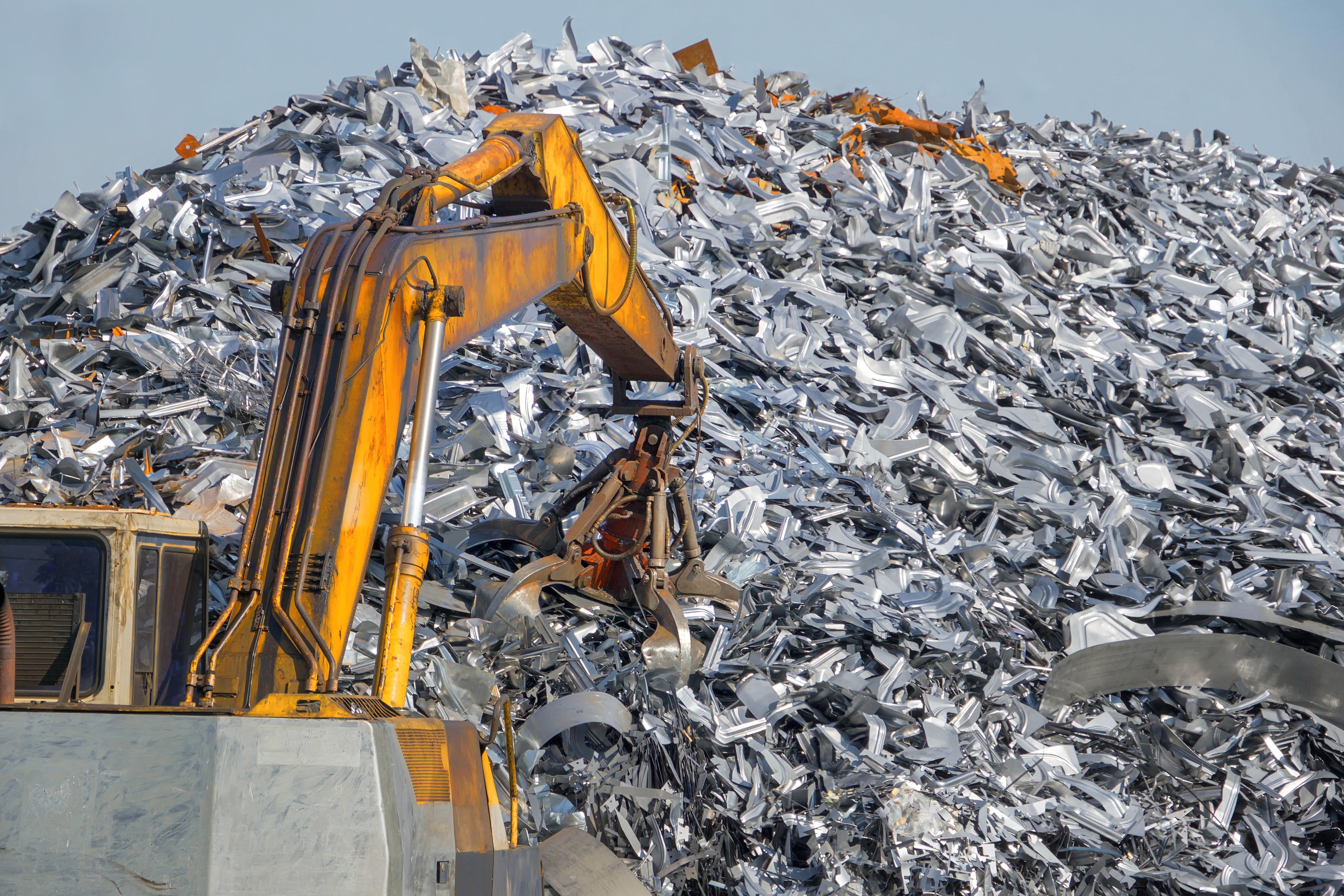

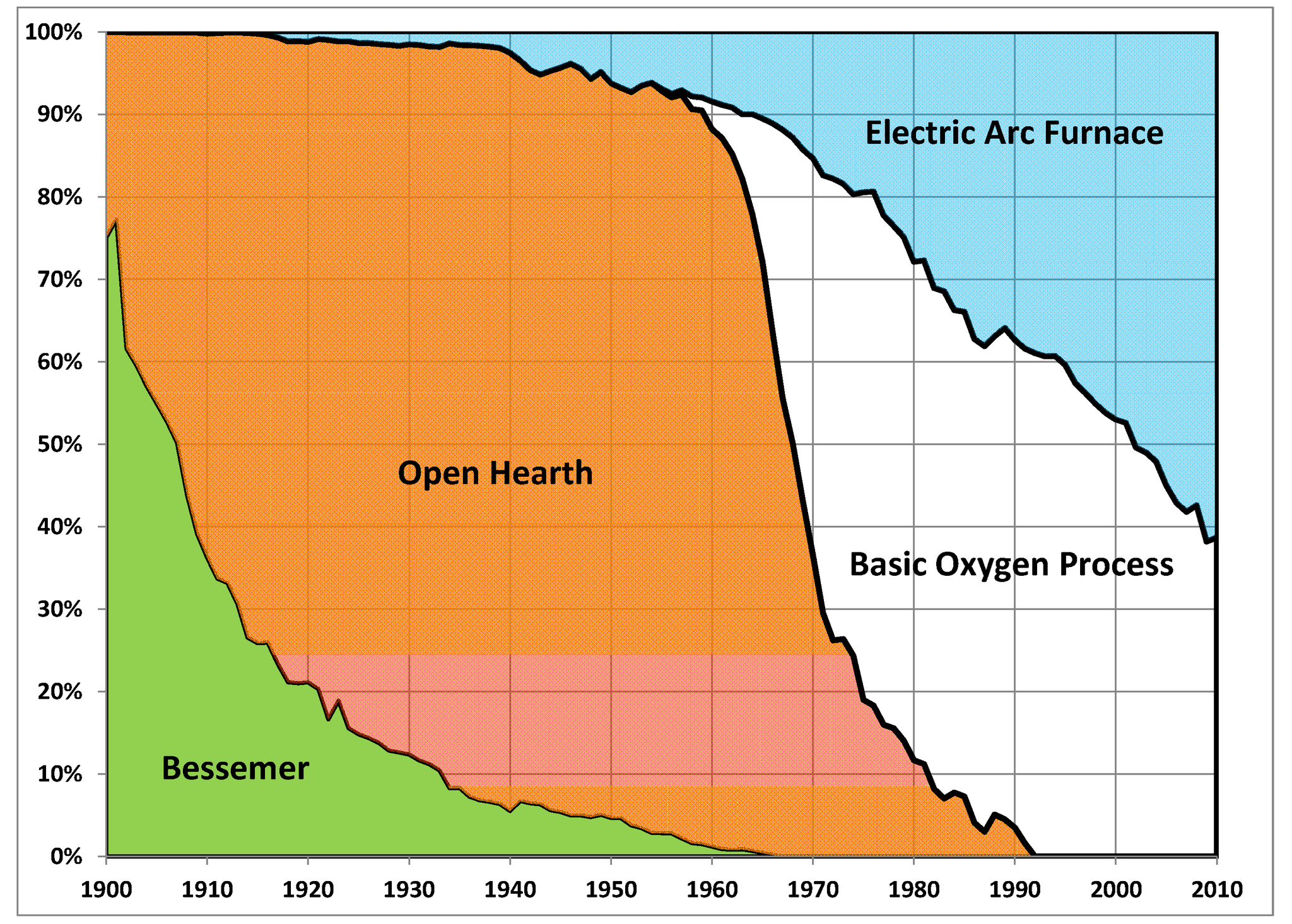
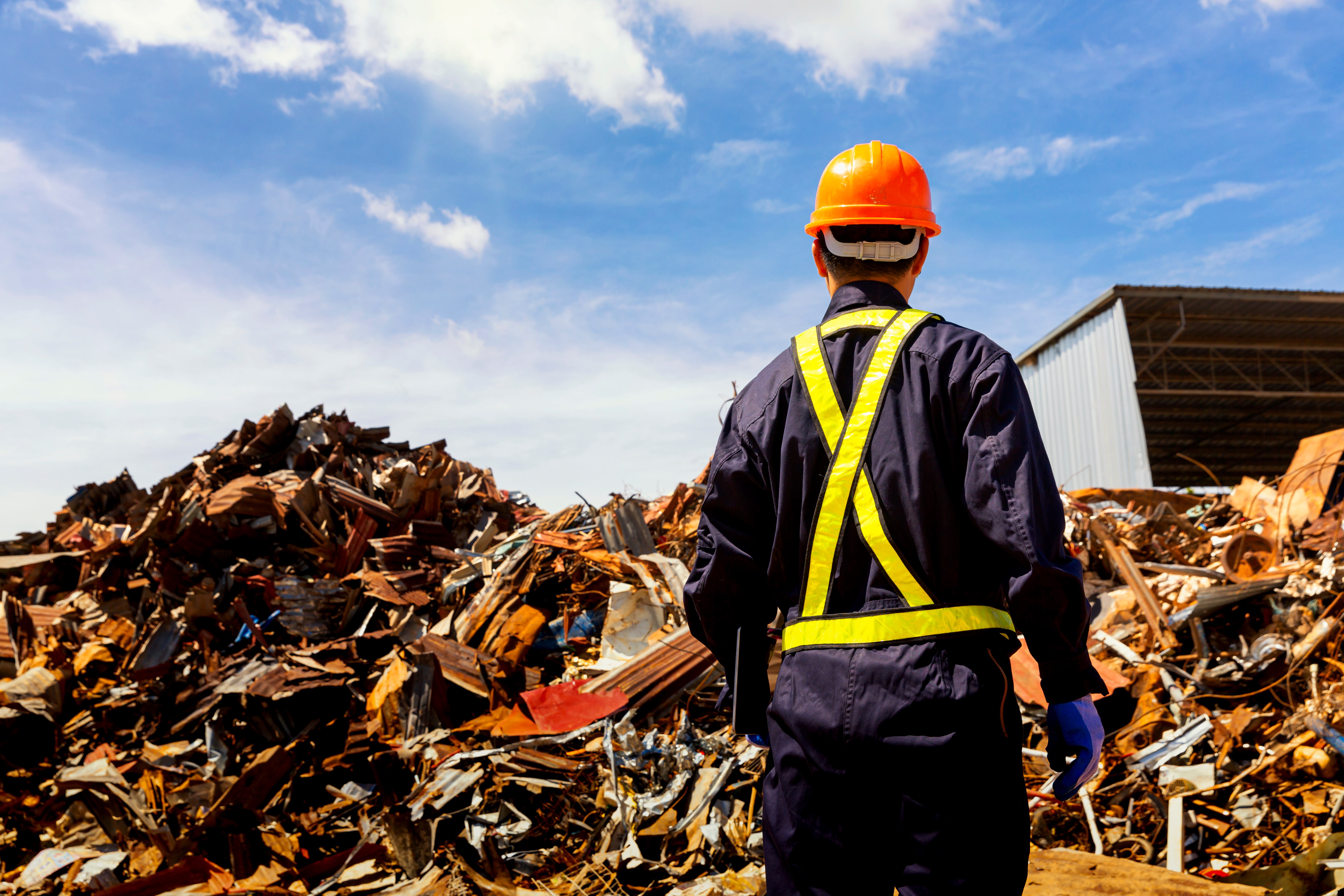
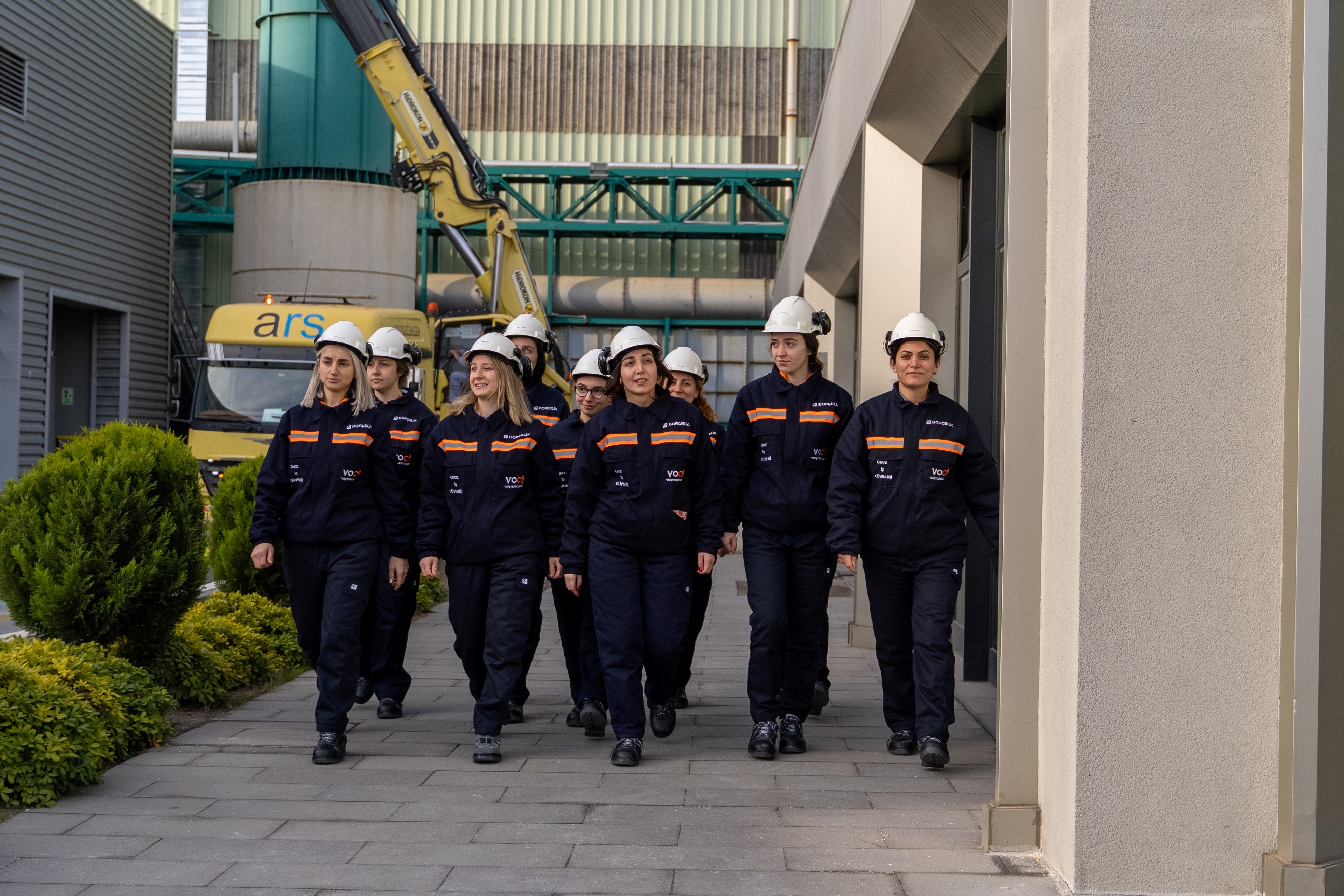
.png)





